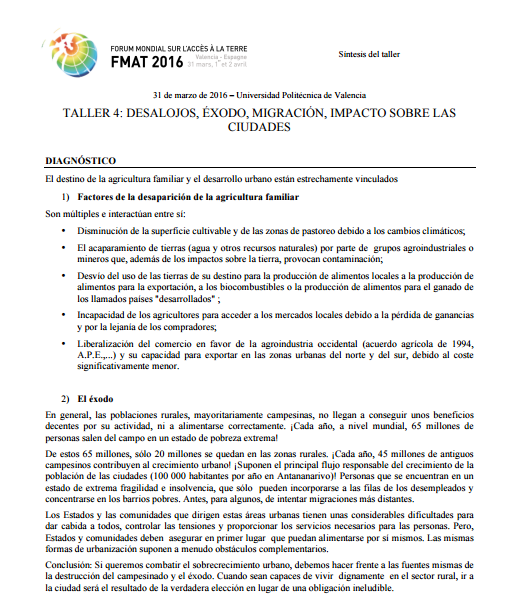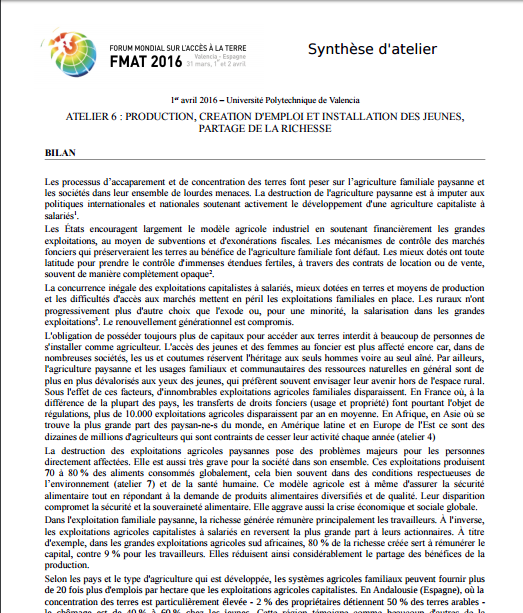Modeling the effects of trade on women: the case of Zambia
Despite substantial economic liberalization since the early 1990s, nontraditional exports in Zambia have grown only moderately and agricultural performance overall has been disappointing. Though agriculture accounts for less than 20 percent of gross domestic product (GDP), it is the most important source of employment, especially for women. Interpretations of Zambia’s poor performance variously emphasize external factors, such as declining copper prices and vulnerability to weather shocks, and market imperfections.









